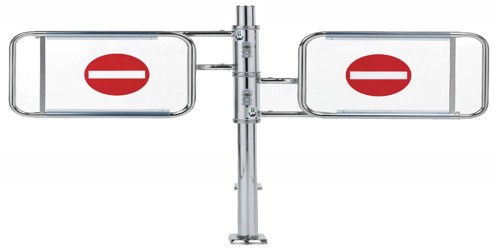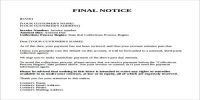Barriers to exit are obstacles in the path of a firm which wants to leave a given market or industrial sector. These obstacles often cost the firm financially to leave the market and may prohibit it from doing so. These are the obstacles or impediments that prevent a company from exiting a market. Typical barriers to exit include highly specialized assets, which may be difficult to Sell or relocate, huge exit costs, such as asset write-offs and closure costs, and inter-related businesses, making it infeasible to sell a part of it. Another common barrier to exit is a loss of customer goodwill. They are obstacles or impediments that prevent a company from exiting a market in which it is considering a cessation of operations or from which it wishes to separate.
A company may decide to exit a market because it is unable to capture market share or turn a profit or for some other reason altogether. High barriers to exit might force it to continue competing in the market, which would intensify competition. Specialized manufacturing is an example of an industry with high barriers to exit because it requires large up-front investment in equipment that can only do one task. A local government requires a business to stay in the market because its goods or services are considered to be for the benefit of the public. For example, an airline may be required to keep servicing a small local community, even though there are few customers in the area.















